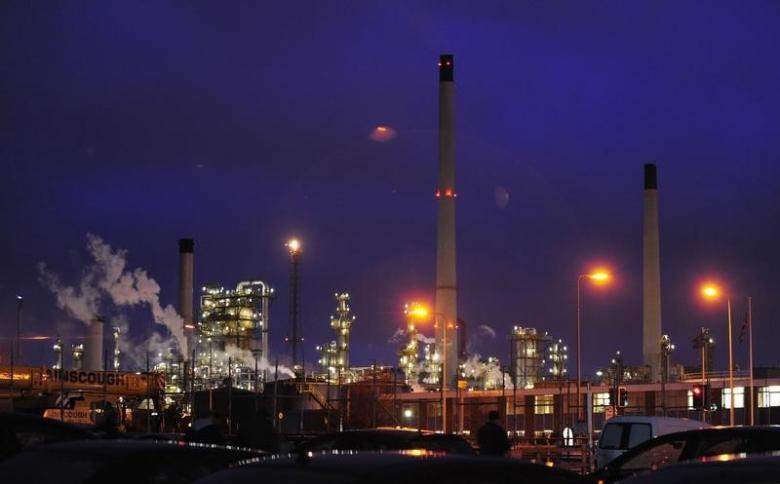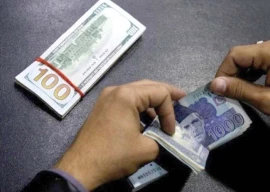
According to sources, the company is working on a feasibility study that will be conducted at an estimated cost of $4.5 billion.
It is implementing the project at Khalifa Point, near Hub, Balochistan, which will be a state-of-the-art refinery having production capacity of 250,000 to 300,000 barrels per day (11 to 14 million tons per annum).
They voiced hope that practical work on the multibillion-dollar project would start soon, which was abandoned during the previous administration of Pakistan Peoples Party.
Annual consumption of petroleum products in the country is around 24 million tons, of which only 15% is met through domestically produced crude oil while the rest is imported in the shape of crude oil and refined petroleum products.
Locally produced and imported crude is refined by six major and two small refineries in the country.
Byco Oil Pakistan Limited installed an oil refinery in Hub at a cost of $400 million in 2015 with refining capacity of 120,000 barrels per day, equivalent to 5 million tons per annum.
Byco has also installed Single Buoy Mooring (SBM) facility for the transportation of crude oil from ships to storage tanks.
Total Parco Pakistan Limited acquired Chevron Pakistan and with 765 petrol pumps it has become almost equivalent to the size of Shell Pakistan.
The government has reopened six abandoned oil depots by increasing their storage capacity after seeing reduction in natural gas availability and increasing demand for motor spirit that surged 25% in the past five years.
At present, around 22 depots are included in the inland freight equalisation margin (IFEM) pool out of a total of 29 that are operating across the country, where prices of petroleum products are uniform.
Published in The Express Tribune, March 7th, 2018.
Like Business on Facebook, follow @TribuneBiz on Twitter to stay informed and join in the conversation.
1719315628-0/BeFunky-collage-(8)1719315628-0-405x300.webp)


1731329418-0/BeFunky-collage-(39)1731329418-0-165x106.webp)













COMMENTS
Comments are moderated and generally will be posted if they are on-topic and not abusive.
For more information, please see our Comments FAQ